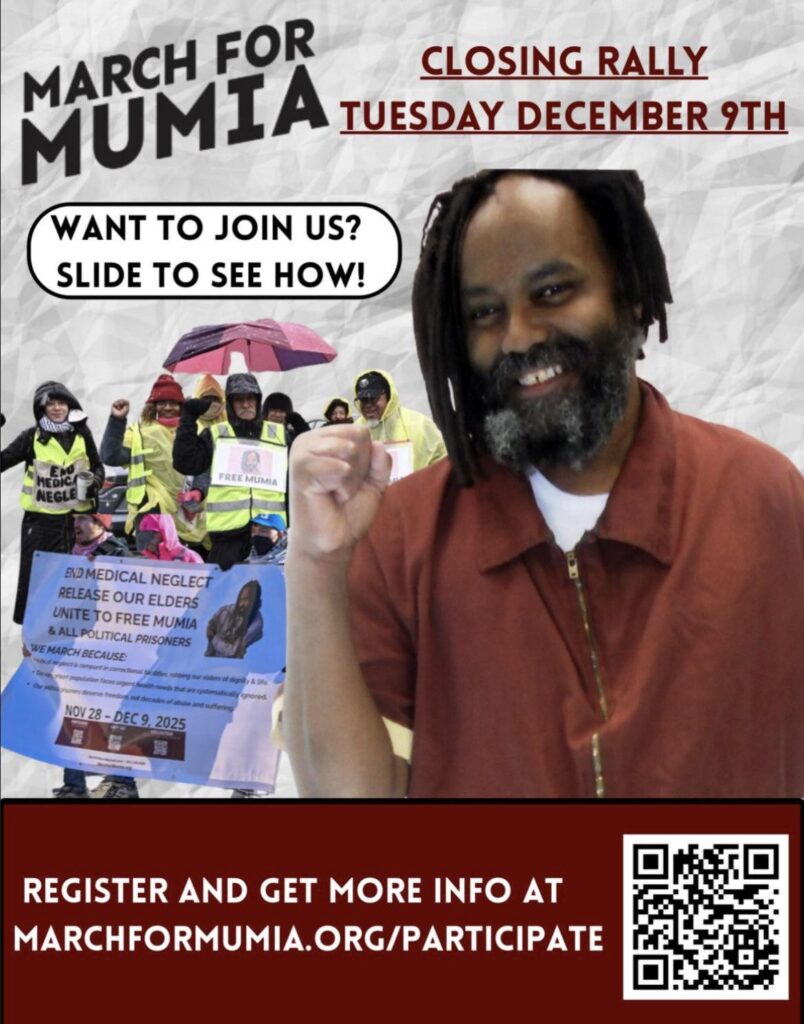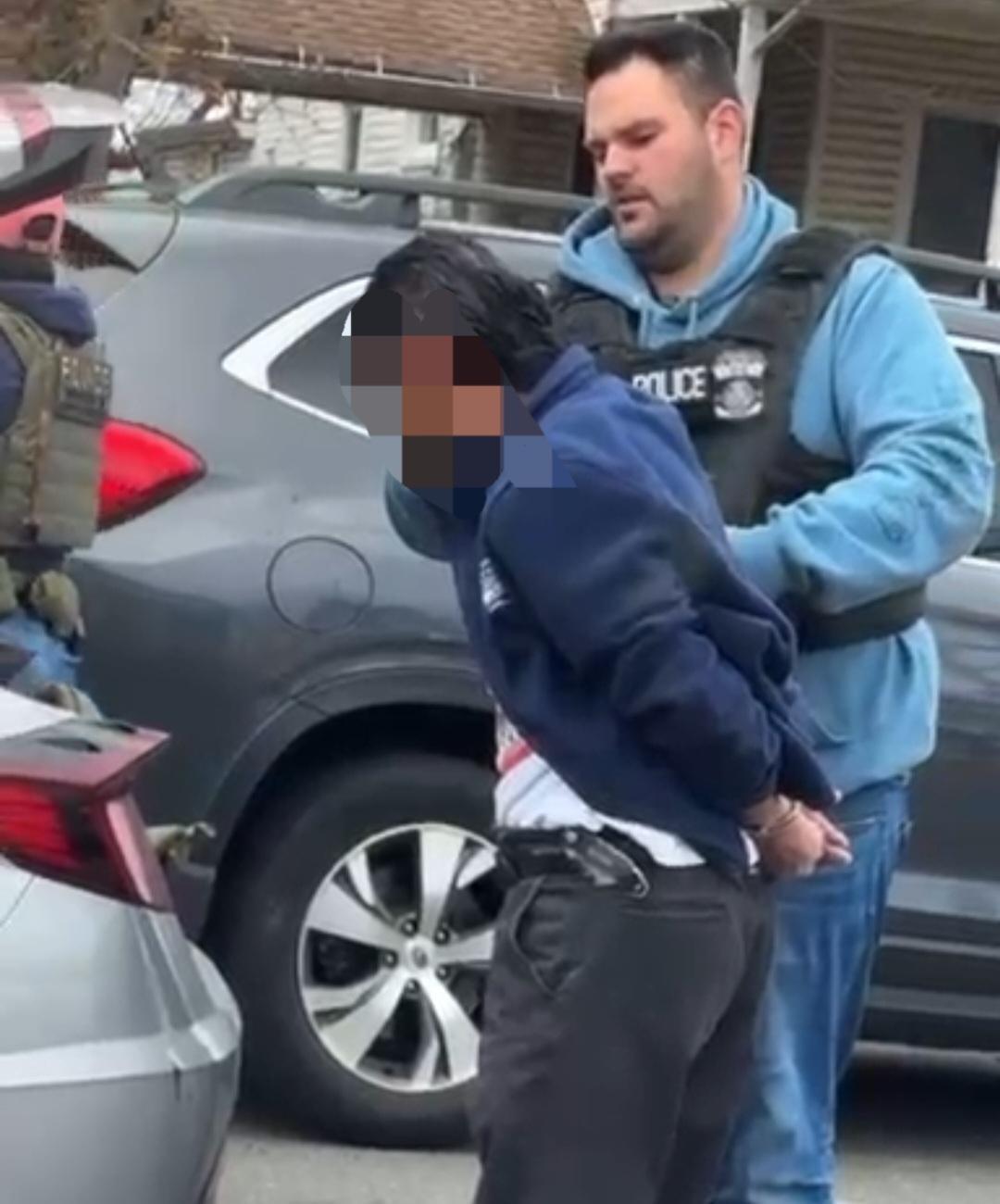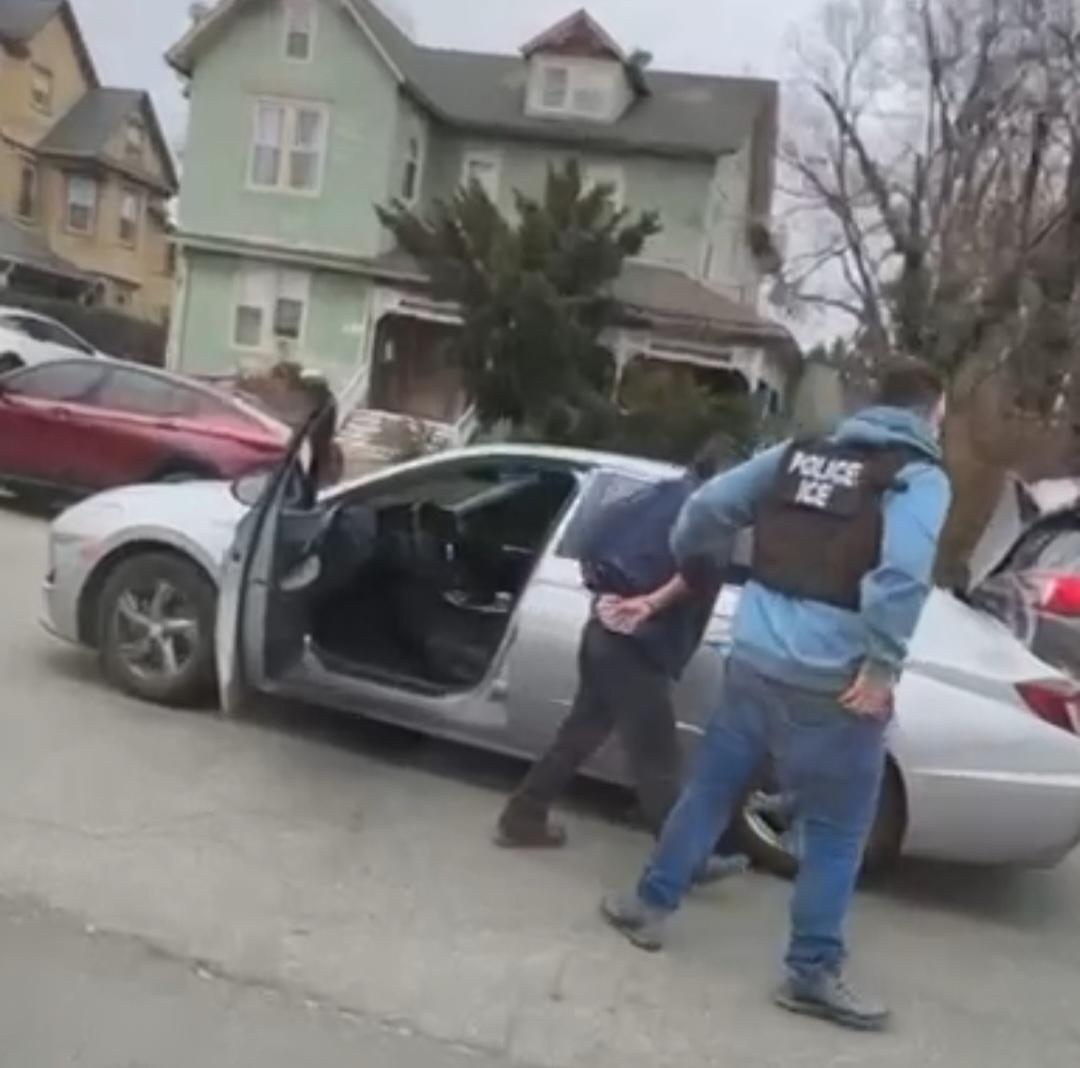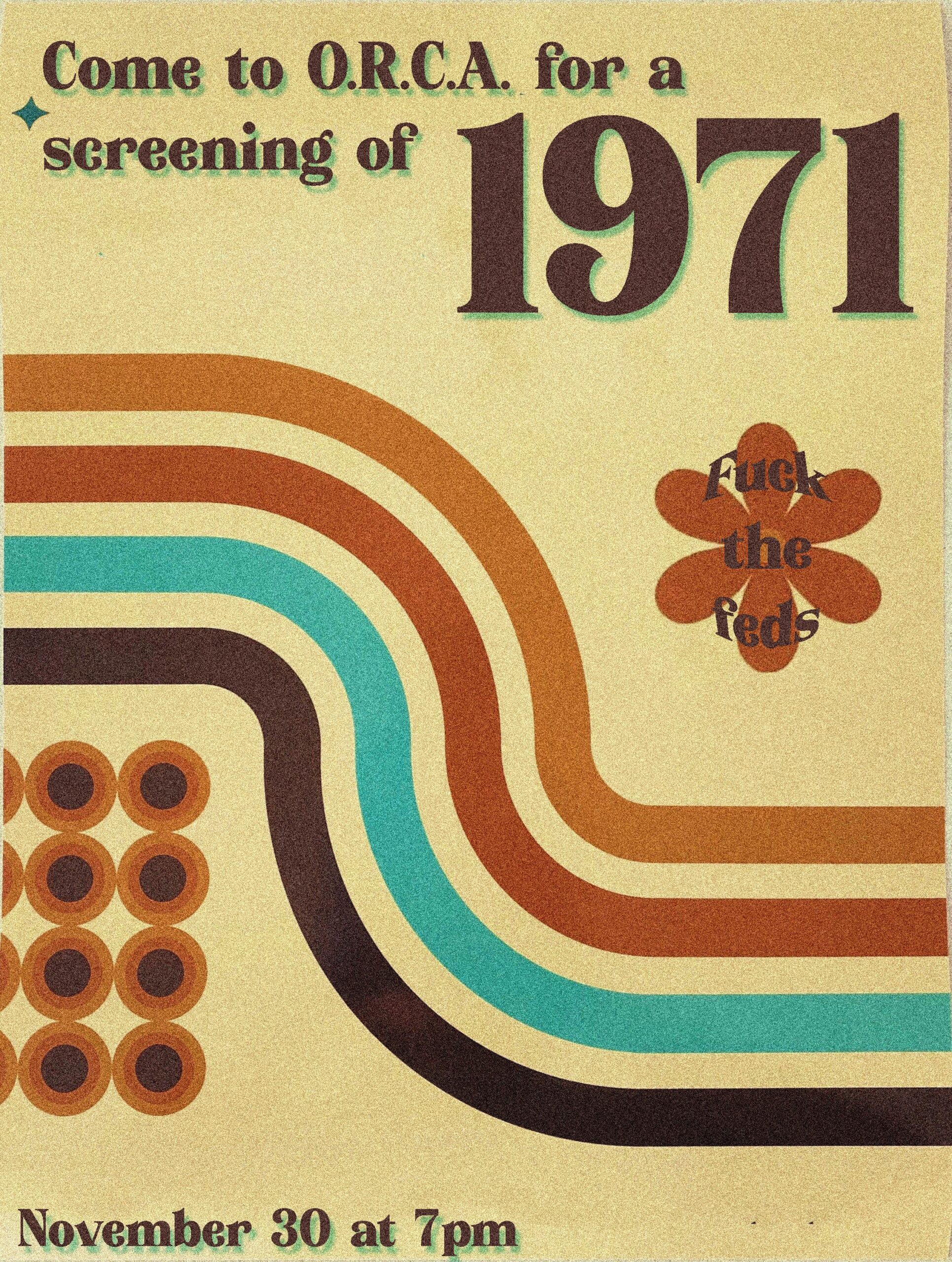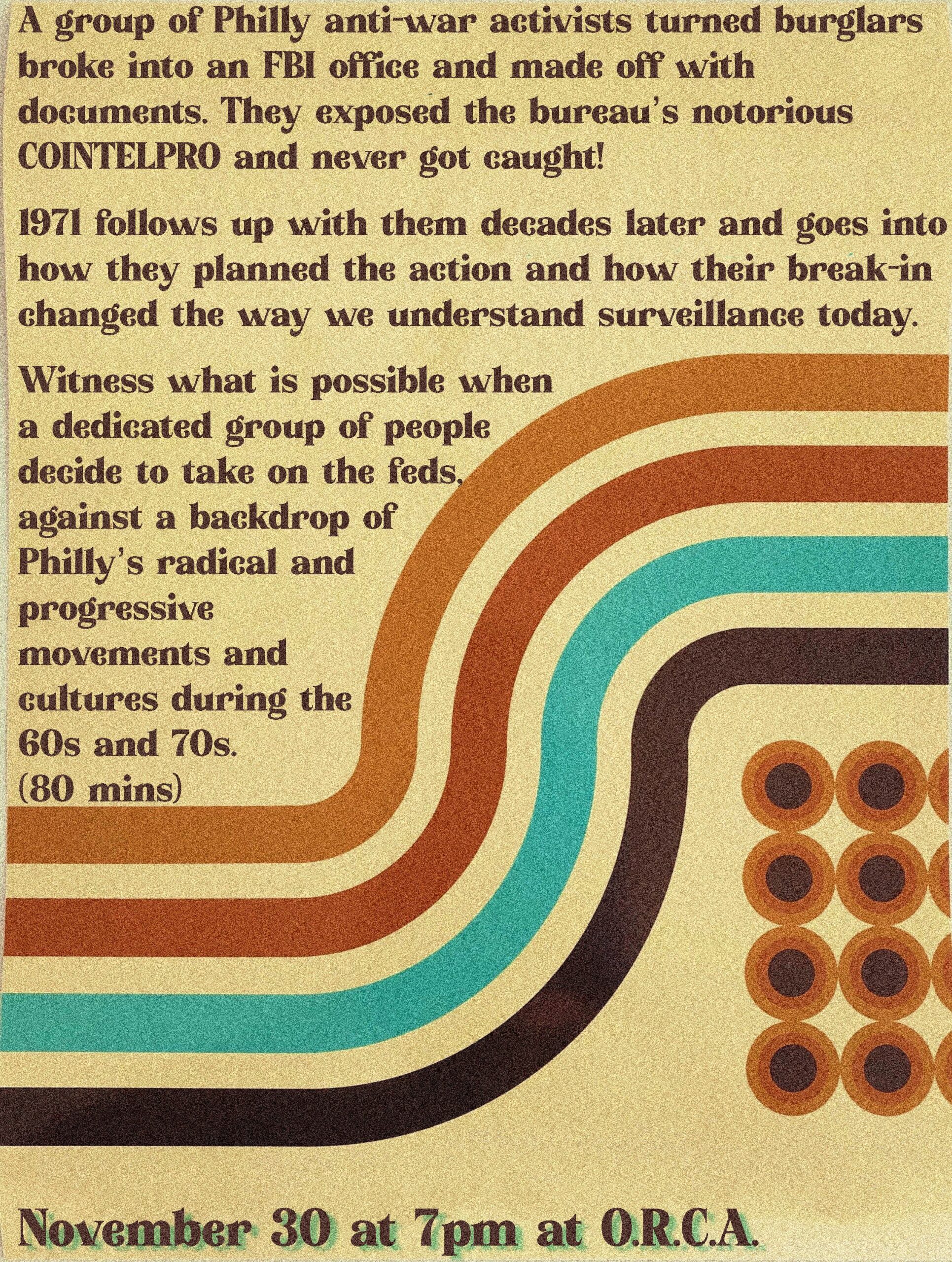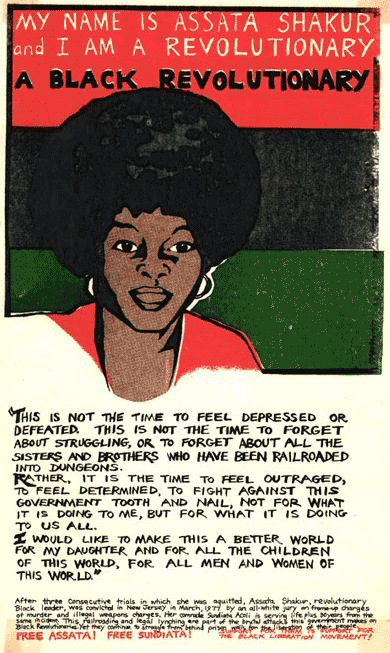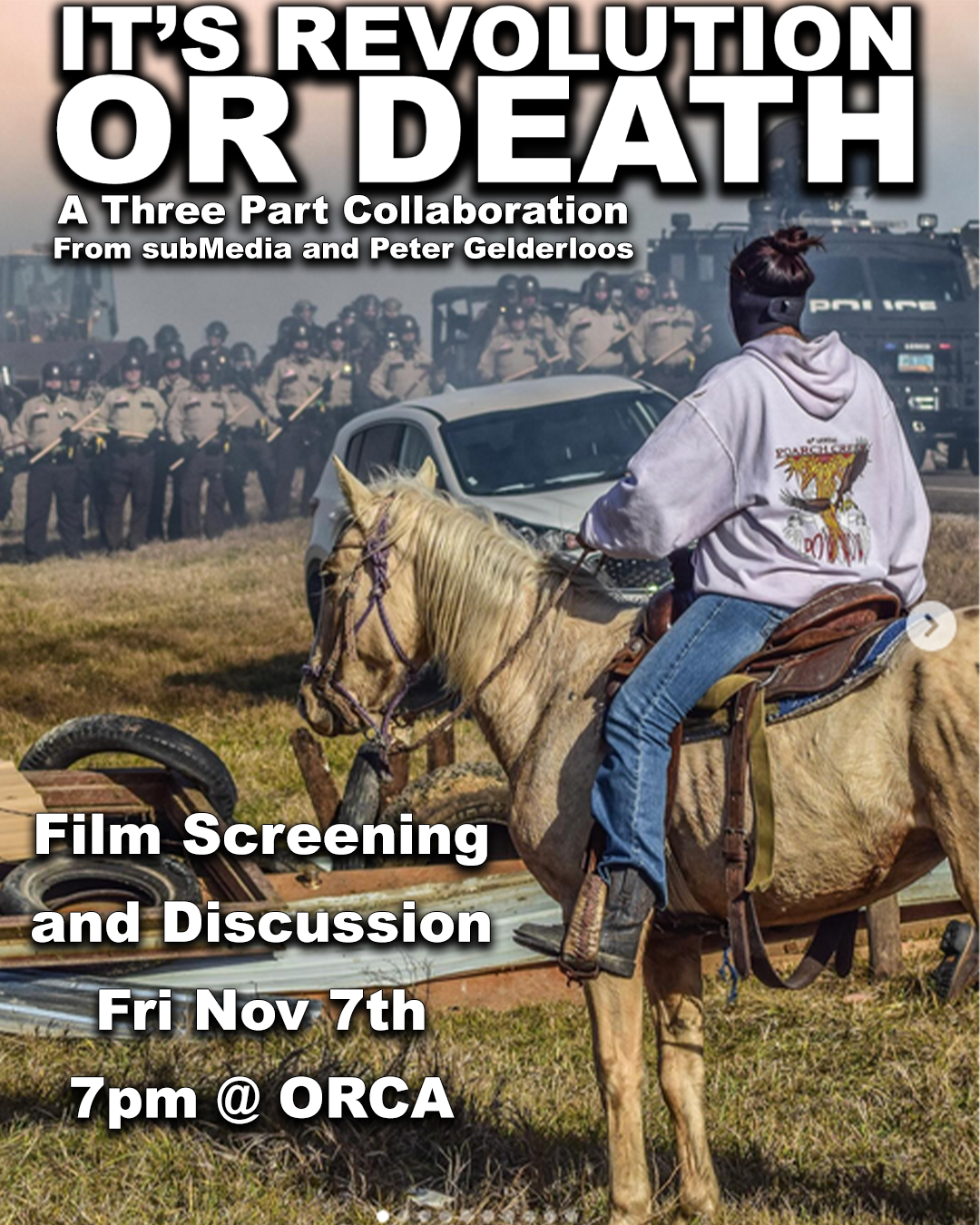Submission
11×17″ poster available for print out – Text reads “DONT LOOK NOW BUT/ YOU ARE STANDING UNDER AN AI CAMERA- Wait to Look Up/ These cameras are connected to the “Real Time Crime Center”- They have facial recognition software and the ability to zoom in far and track between cameras and blocks/ All this information exists in a cloud- your biometrics being collected are stored & unprotected, available to large tech vendors & nation wide law enforcement-there are thousands of data points across the city/ Cameras are used to gather info to capture immigrants, dissidents, traffic violators & strengthen the school to prison pipeline/ IN A MATTER OF SECONDS THE AVERAGE CITIZEN CAN BECOME AN ENEMY OF THE STATE/ Techno-fascism is here- Destroying the planet and eliminating privacy/Resist and Sabotage that which moves us away from sacred living/ Stay Wild”
The purpose of this campaign is to make individuals aware of how their movements are being tracked around a city and to note where these cameras are being installed- The camera featured in this poster is a Hikvision DS 2CD2385FWD-1, however, most IP camera can be integrated into the RTCC software- It is worth noting that body cameras are also used in these systems. One popular company making equipment for RTCCs and police is Axon. Real Time Crime Centers, aka “The Center” is an egregious new territory of surveillance with terrifying modular options for privacy protections in addition to blurred lines between jurisdictions. It is popping up in cities all over the so called United States. In addition to variables on how and where this information is being stored and who has access to it, it is unclear what data is being collected beyond facial recognition and location tracking and how that technology plans to advance (and how quickly it will advance). It is also unclear how this data will be paired with Shotgun Detection Equipment (discrete microphones placed around cities that are constantly listening and also have ambiguous tech and privacy protections) to further collect data on individuals. Some systems are using generative AI to analyze information and alert authorities/ deploy officers to specific areas. There is reasonable concern that content generate by AI will be used against children as a way punishing/institutionalizing, will deepen racist, classist, transphobic policing and accelerate systemic rights violations.
The following is not connected to RTCC systems but a very real example of AI policing that validates speculation on how AI policing & RTCC could easily be used against children.
<In 2021 the Pasco County School District entered into a secret data-sharing agreement with the local Sheriff’s Office, allowing police access to student information along with records of child abuse, crime victimization and even parental custody disputes. The data was entered into an algorithm developed by cops to predict “prolific criminal offenders”. At height, the program generated scores for 18,000 children. Students with high schools experience police interrogations, arbitrary home visits and exclusionary discipline.>
Let us not forget US administration has bullied public agencies to adopt artificial intelligence to the greatest extent possible through measures such as Executive Order 14179, Removing Barriers to American Leadership in Artificial Intelligence and Executive Order 14319, Preventing Woke AI in the Federal Government as well as the White House AI Action Plan.
Techno-Fascism is no longer based suspicion nor sci-fi diaster fantasy, rather, it is an atrocious attack against autonomy rapidly shaping our everyday lives and strengthening the power of the state. May more people than those on the fringes start fearing Police AI. This technology is currently and widely being used to track immigrants for kidnappings. This is heinous and alludes the probability that it will be used to capture anyone who the states deems undesirable. To what you will with these posters and may you do much more. Burn the panopticon.
